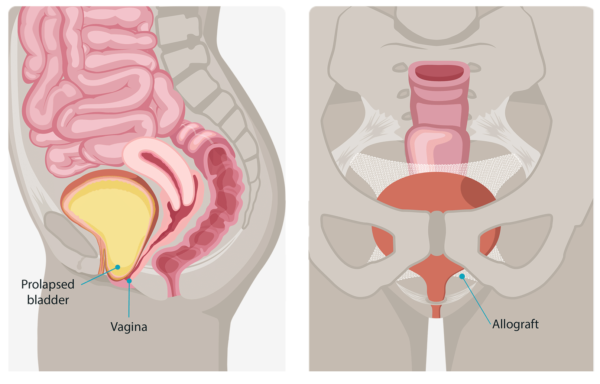At times, when you’re emotionally vulnerable, you may experience intense food cravings. This may cause you to turn to food for comfort, even if it’s unconsciously done. Emotional eating can hinder your weight loss goals, as it frequently involves overeating high-calorie, sugary, and fatty foods. This tendency often arises when you’re dealing with stressful situations or feeling bored. You can get better help from Immudi plan. There are many customers who have shared positive Immudi reviews after they noticed a significant change following this plan.
What does “emotional eating mean?
Emotional eating is the habit of turning to food to fulfill emotional needs rather than physical hunger. It may temporarily provide comfort, but it does not solve the underlying emotional problem and often results in negative feelings of guilt and regret. Instead of addressing the root cause, emotional eating can lead to overeating and potentially harm one’s physical and mental health.
To break the habit of emotional overeating, it’s important to understand that the solution doesn’t lie in the fridge or at a restaurant. Instead, it requires a deeper exploration of the emotions that trigger the behavior. The first step is to acknowledge emotional overeating for what it is and learn to recognize it as a coping mechanism rather than a response to real hunger. By doing so, you can start to address the underlying emotions and find healthier ways to deal with them.
Know the root cause behind such triggers
To manage emotional eating, it’s important to identify the triggers that lead to overeating. A food journal can help keep track of not only the food consumed but also the emotions felt during those times. Once a pattern is identified, it’s essential to come up with a plan to break it. For example, if one often eats to reward themselves after a challenging day, it’s vital to remember that losing weight and feeling healthy are also forms of self-reward. If stress triggers emotional eating, it’s helpful to find ways to reduce stress, such as practicing yoga, meditation, or regular exercise.
Tips that can help you
Mindful eating
Individuals who practice mindful eating may become more conscious of their dietary preferences, serving amounts, and eating motivations. The endeavor to lose weight may eventually benefit from this increased awareness. Multitasking is the reverse of mindfulness, which entails focusing on one subject deliberately and without passing judgment. When it comes to mindful eating, this entails paying close attention to the selection, preparation, and consumption of food and drinks, whether it’s a snack, a meal, or a drink.
Identify distraction and addiction
Previously, studies on food addiction primarily focused on whether certain foods, particularly those with refined ingredients like sugar, salt, and fat, could lead to addiction and overeating. However, researchers have since shifted their focus to the addictive behaviors themselves, as it was difficult to determine whether the food itself was addictive. These addictive behaviors include participating in binge eating, losing control, obsessing over eating, experiencing only temporary satisfaction, and suffering negative consequences.
Note what you are eating
To fully appreciate your meal, take a moment to observe your food before consuming it. Take in the appearance and aroma of the food, and consider its origin and how it was prepared. This practice can help you develop a deeper appreciation for the food and the effort involved in getting it onto your plate.
As you eat, pay attention to the taste and texture of each bite. Take your time and savor each mouthful, noticing how the different elements of the dish complement each other. By focusing on the experience of eating, you can fully enjoy your meal and cultivate a mindful approach to food.
Conclusion:
It can be more enjoyable and satisfying to eat when we use all of our senses, including taste, smell, sound, texture, and sight. Additionally, slowing down and taking our time when eating can help us notice the signals our bodies provide when they are full, enabling us to act sooner and stop overeating. Individualized strategies are required to handle and conquer emotional eating triggers since they differ from person to person. You may also think about reading Immudi reviews to aid you in your weight loss journey.





